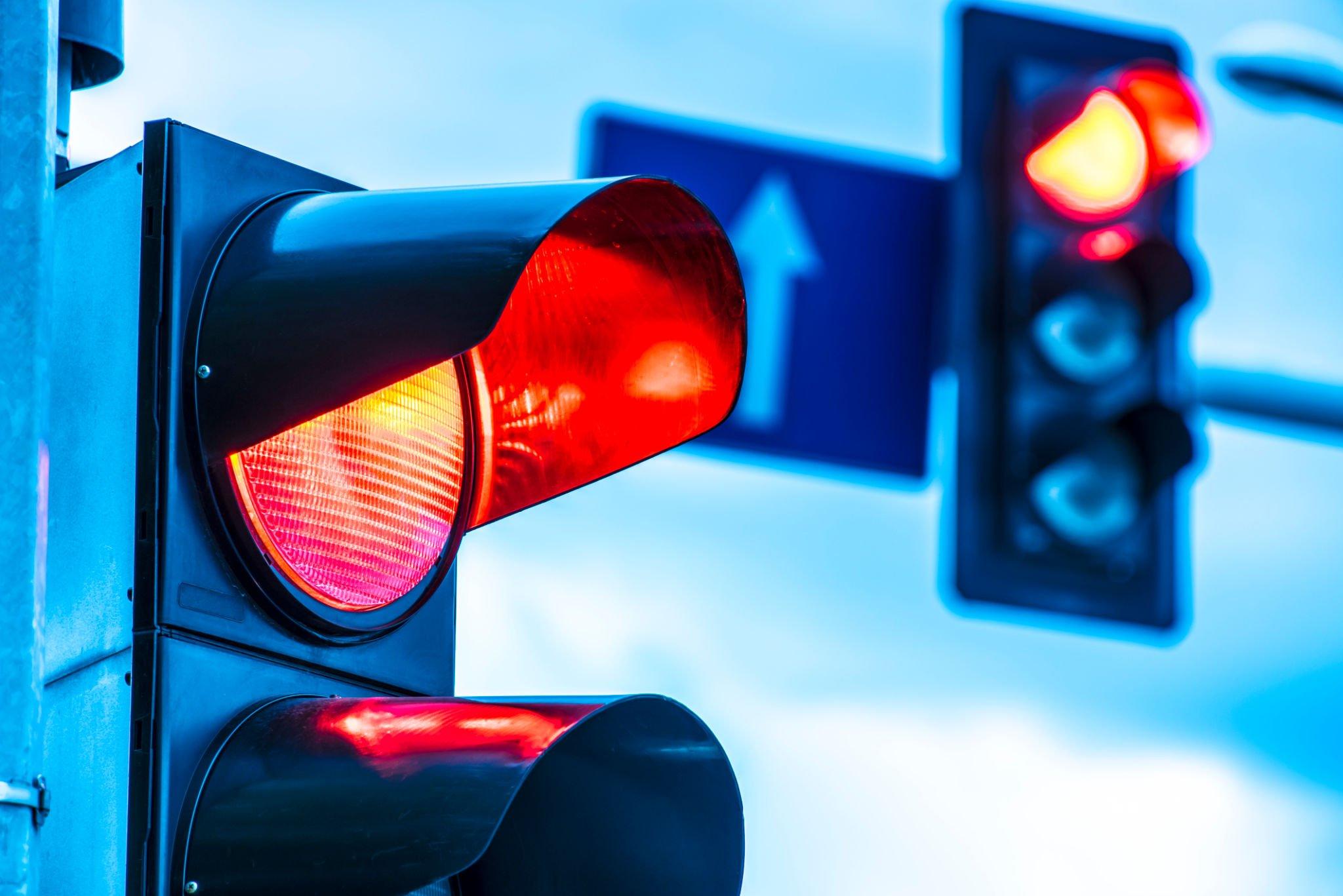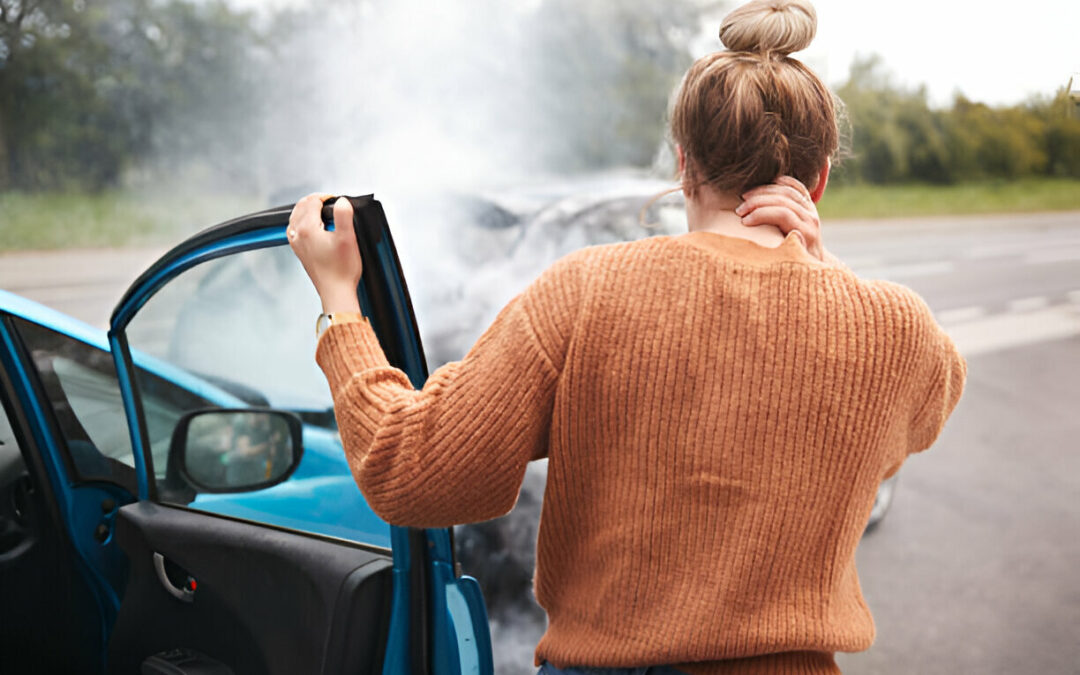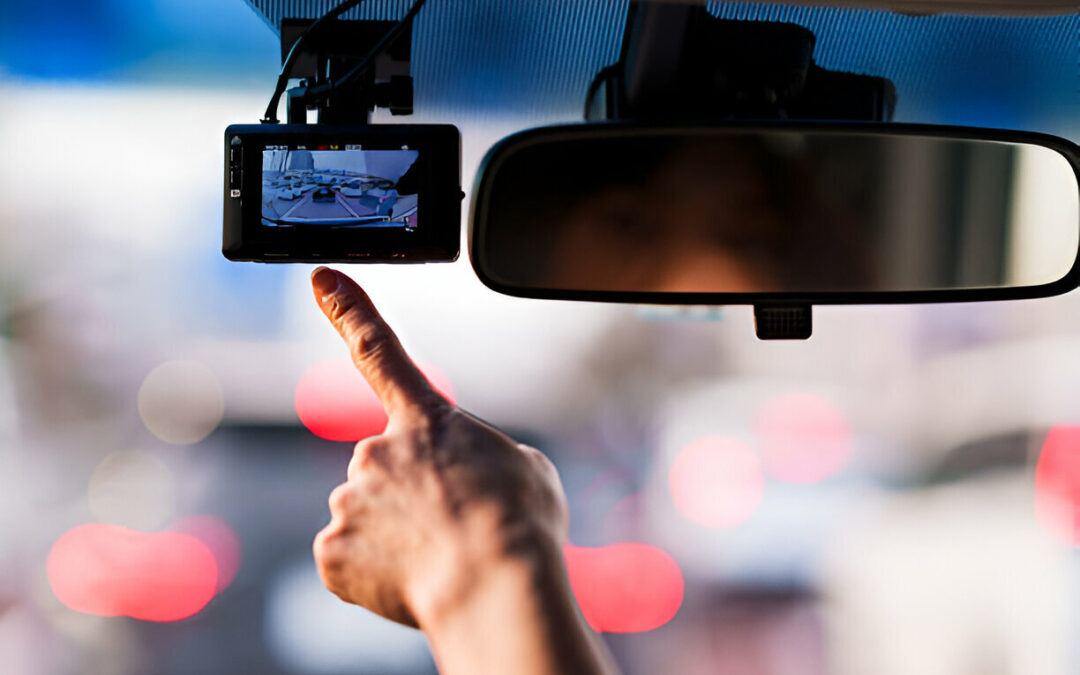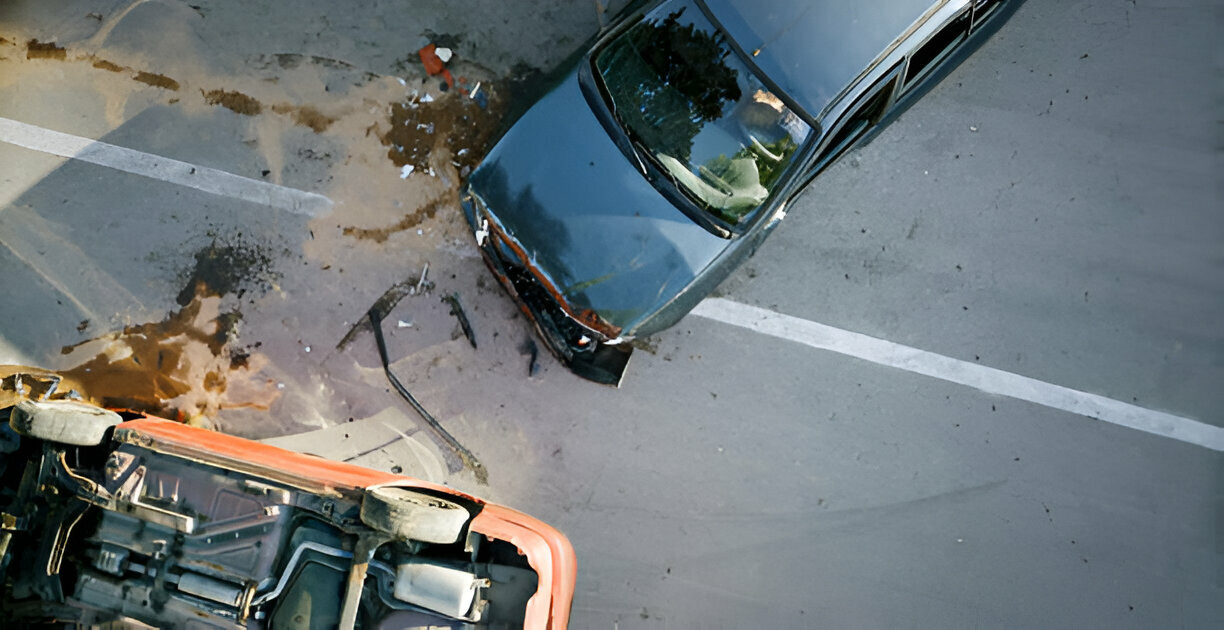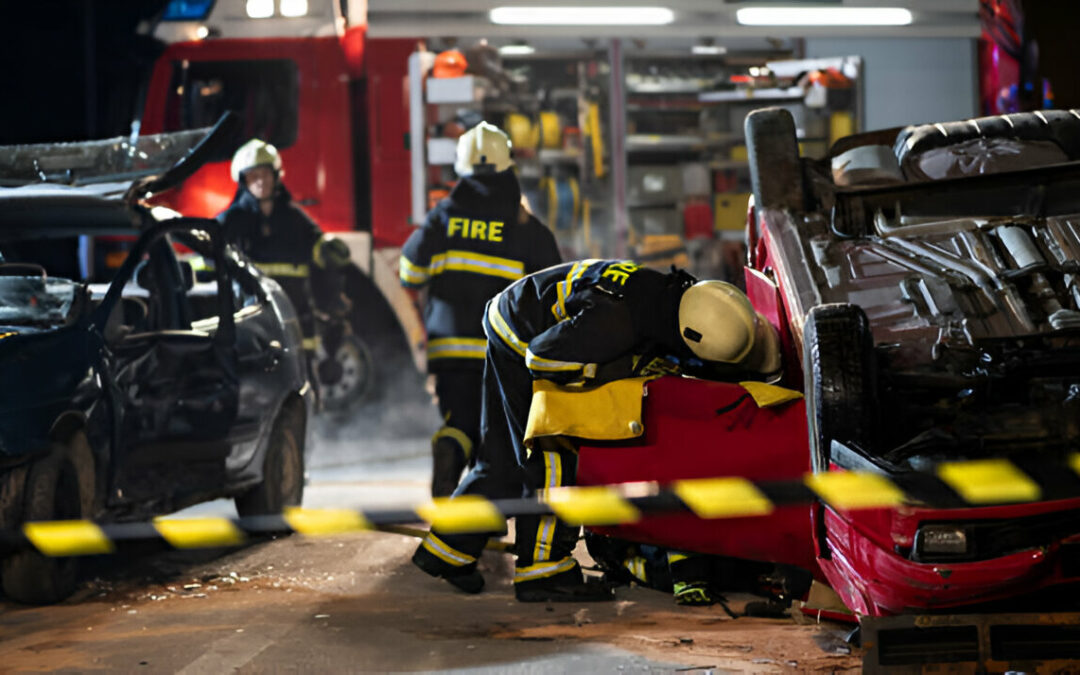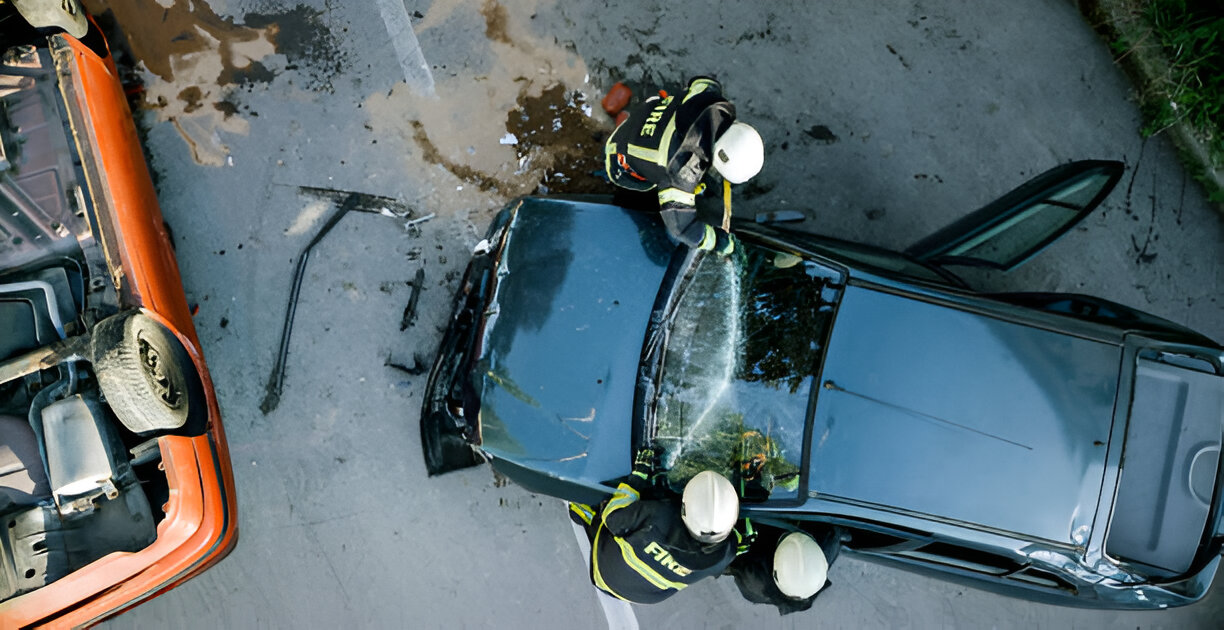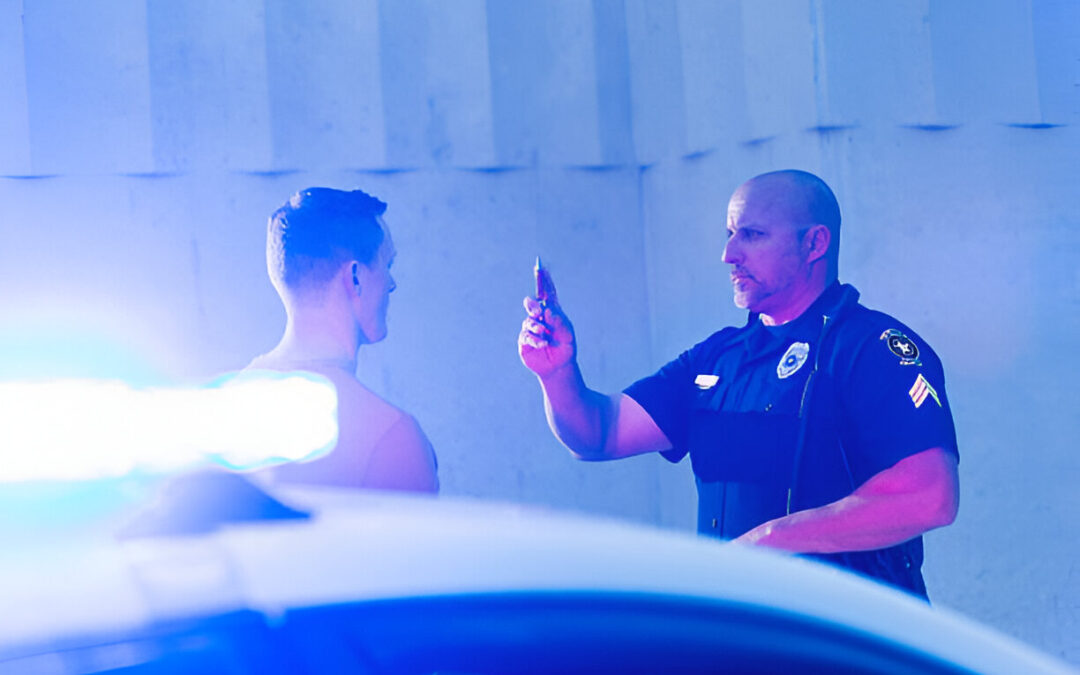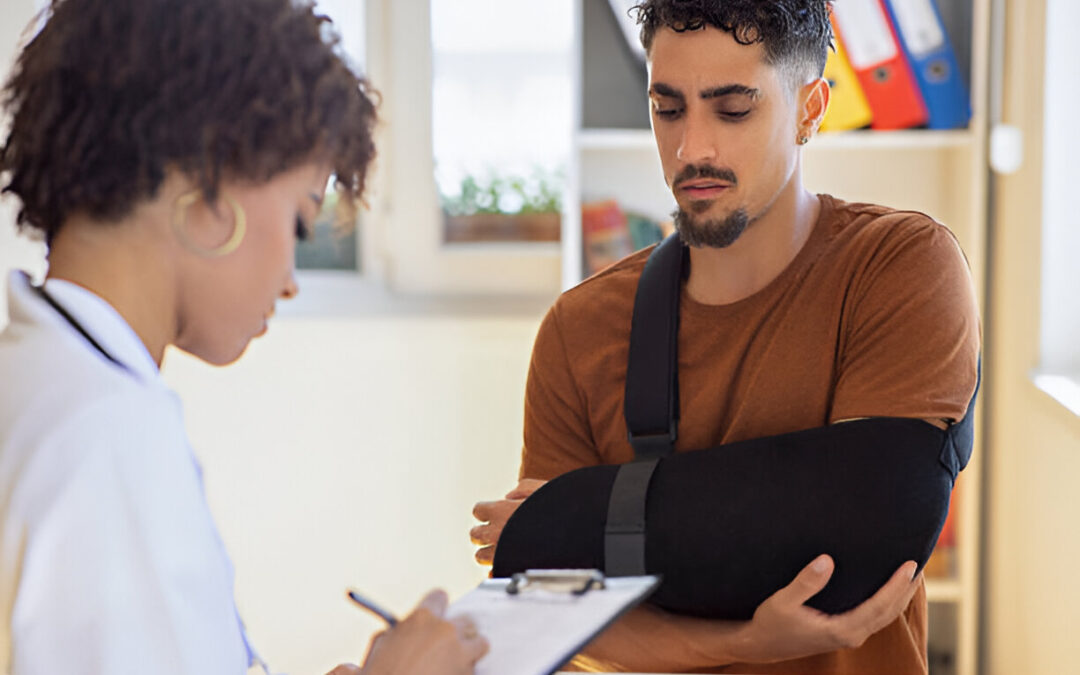Imagine cruising down the streets of Florida, encountering a red light at an intersection. In that moment, you may find yourself pondering, “Can you turn right on red in Florida?” It’s a question that has sparked confusion among many residents. To ensure you’re well-informed and equipped with the right knowledge, this article serves as your comprehensive guide to understanding right-on-red laws in Florida. By delving into the rules, consequences of violations, and proper response protocols, you’ll be empowered to navigate the roads safely and confidently.
Can You Turn Right on a Red Light in Florida?
Complete Stop Requirement
Whenever you encounter a red light, whether it’s solid or flashing, or approach a stop sign, you must bring your vehicle to a complete stop. This stop should be made before reaching the designated limit line, crossing the near-side crosswalk, or entering the intersection itself.
Right Turns on Red Lights
In Florida, it is permitted to make a right turn after coming to a full stop at a red light. Nevertheless, it’s essential to note that if a sign explicitly prohibits right turns on red, you must comply with the restriction. Exercise caution and attentiveness whenever executing a right turn on a red light.
Left Turns on Red Lights
Making a left turn on a red light is only permissible under specific circumstances. If you are on a one-way street and intend to turn onto another one-way street, you may proceed with a left turn after fully stopping at the red light. However, you must adhere to right-of-way rules and exercise caution during the maneuver.
Yellow Lights
While the traffic light is displaying a yellow signal, you may enter the intersection. However, it is crucial to avoid speeding through the intersection immediately after the light has turned red. Ensure you maintain a safe and appropriate speed while approaching and navigating the intersection.
What Are The Consequences Of Violating The Law
When individuals fail to abide by traffic regulations, particularly running red lights, the consequences of their actions can range from minor infractions to disastrous outcomes. In the state of Florida, most red-light violations are considered non-criminal offenses, resulting in citations that necessitate a fine payment. Depending on the severity of the violation, fines can range from $150 to $275, encompassing associated fees and court costs. Additionally, three demerit points are typically added to the offender’s driving record, potentially leading to a license suspension if excessive points accumulate.
However, the aftermath of such violations extends beyond penalties and fines. If you find yourself on the receiving end of a collision caused by a motorist who neglected traffic rules or displayed inadequate awareness while turning, you have the right to hold that individual accountable. In such situations, seeking assistance from a collision attorney in Florida becomes crucial as they can help you seek justice and pursue the appropriate legal course of action.
Your response and actions following a collision are vital in shaping the outcome. Collisions can be classified as minor or major incidents, and even in cases where damage is limited, you may find yourself in a state where you can effectively engage with the other driver and take necessary steps to build a compelling case against them.
To maximize the chances of a favorable outcome, consider the following actions:
- Assume Control of the Scene: Take charge by contacting emergency services. While waiting for assistance, assess the condition of all parties involved, and relay accurate details to the operator. Exchange contact and insurance information with the other driver, avoiding discussions about fault or blame.
- Communicate with the Police: When the police arrive, truthfully answer their inquiries regarding the accident’s sequence of events. However, it is essential to protect your own interests and avoid self-incrimination. If pressed on a particular point, it is within your rights to express a desire to consult with your legal counsel before providing a response.
- Gather Witness Statements: Engage with bystanders to identify potential witnesses who observed the accident. Record their statements on your cellphone if possible, as this can serve as valuable evidence. Ensure you obtain the contact information of each witness you interview.
- Document the Scene: Capture photographs and videos of the accident scene, including the damage inflicted upon your and the other party’s vehicles. It is vital to respect privacy and obtain consent before recording anyone.
- Seek Medical Attention: It is essential to seek medical attention, even if you do not notice any immediate injuries. Visiting a hospital is crucial to verify your well-being, ranging from trigger point injections to any necessary treatments. It is important to undergo a thorough medical evaluation and have documentation, as this is crucial for potential future legal proceedings.
- Retain a Legal Professional: Engaging the services of an experienced lawyer is essential to ensure you receive fair compensation from the other driver’s insurance company. Your lawyer will assist you in pursuing reimbursement for repair costs and any other expenses or losses incurred due to the accident, advocating for your rights and entitlements.
Remember, understanding and asserting your rights while taking appropriate measures can significantly influence the outcome when dealing with the consequences of law violations.
Get Legal Advice Today
When it comes to legal matters in Florida, it’s essential to understand the nuances of traffic regulations, such as “Can you turn right on red in Florida?” If you find yourself in need of legal assistance, Pacin Levine, P.A. is here to help. Our team of experienced attorneys is ready to provide expert guidance tailored to your specific case. Take advantage of our free legal case consultation by calling (305) 760-9085 or 1-800-24-7-CRASH (2727).
We proudly serve the Greater Coral Gables Area, including Miami, Coconut Grove, South Miami, Pinecrest, Palmetto Bay, Kendall, Glenvar Heights, Westchester, West Miami, Brickell, Sweetwater, Doral, Miami Springs, and Miami Beach.


